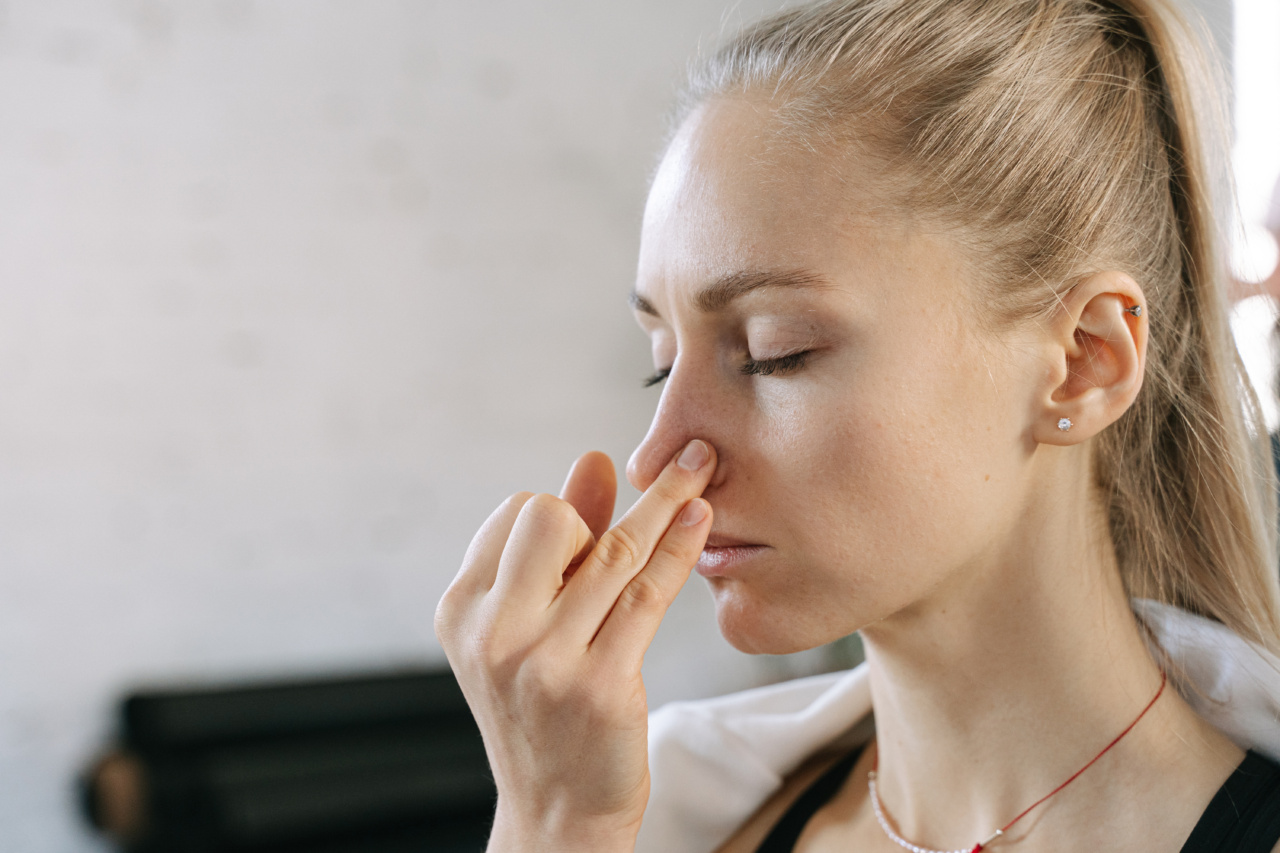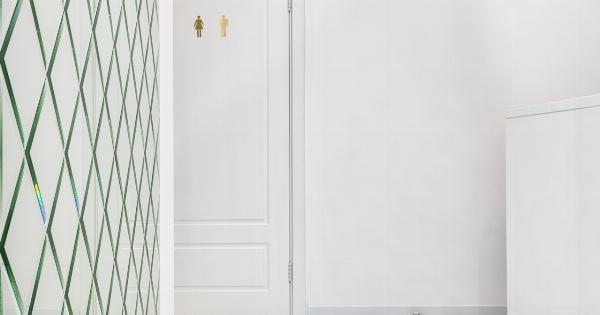A stuffy nose can be quite bothersome, making it difficult to breathe freely and impacting your overall quality of life.
Whether it is due to allergies, a common cold, or sinus congestion, finding quick remedies to alleviate nasal congestion can provide much-needed relief. In this article, we will explore ten effective and easy solutions to help you breathe freely again.
1. Use a Saline Nasal Spray
One of the simplest remedies for relieving nasal congestion is to use a saline nasal spray. Saline helps to flush out mucus and irritants, providing instant relief.
You can purchase saline nasal sprays from a local pharmacy, or you can make your own by dissolving half a teaspoon of salt in a cup of lukewarm water and using a neti pot or bulb syringe to administer the solution into your nostrils.
2. Enjoy a Steamy Shower
A steamy shower can work wonders when it comes to clearing a stuffy nose. The warm steam helps to moisturize the nasal passages, reduce inflammation, and loosen mucus. Spend some time in the bathroom with hot water running to create a steamy environment.
Breathe deeply, allowing the steam to work its magic. You can also add a few drops of eucalyptus oil to further enhance the decongestant effect.
3. Use a Humidifier
Dry air can worsen nasal congestion, so using a humidifier can be beneficial. Humidifiers add moisture to the air, helping to soothe the nasal passages and reduce congestion.
Consider using a cool mist humidifier in your bedroom while you sleep to experience the benefits overnight. Ensure you clean the humidifier regularly to prevent the growth of mold or mildew.
4. Stay Hydrated
Drinking plenty of fluids is essential to keep the nasal passages hydrated and prevent excessive mucus production. Opt for warm liquids like herbal tea, soup, or warm water with lemon and honey to soothe your throat and promote hydration.
Avoid caffeinated or sugary drinks as they can contribute to dehydration.
5. Apply Warm Compresses
Apply warm compresses to your face to help relieve congestion. Soak a clean washcloth in warm water, wring out the excess, and place it over your nose and cheeks for several minutes.
The warmth can help open up your nasal passages, allowing for easier breathing.
6. Elevate Your Head during Sleep
Keeping your head elevated while sleeping can help reduce nasal congestion. Use an extra pillow or consider using a wedge pillow specifically designed to elevate your upper body.
This elevated position will prevent mucus from pooling in your nasal passages and can make breathing more comfortable.
7. Use Nasal Strips
Nasal strips are adhesive strips that you place on the bridge of your nose. They work by physically lifting your nasal passages and increasing airflow, helping to relieve congestion.
Nasal strips are readily available at most drugstores and can be used during sleep or throughout the day for immediate relief.
8. Try Nasal Irrigation
Nasal irrigation involves flushing out the nasal passages with a saline solution using a neti pot or squeeze bottle. This process helps remove excess mucus and allergens, providing instant relief.
Ensure you use sterilized water, such as distilled or boiled water, to avoid any risk of infection. Follow proper instructions and maintain hygiene when performing nasal irrigation.
9. Use Essential Oils
Essential oils like eucalyptus, peppermint, or tea tree oil can help clear nasal congestion. Add a few drops of your preferred oil to a diffuser and inhale the steam.
You can also dilute the essential oil with a carrier oil, such as coconut or olive oil, and gently massage it onto your chest or under your nostrils for additional relief.
10. Over-the-Counter Remedies
If your stuffy nose persists and none of the home remedies provide relief, over-the-counter remedies may be worth considering.
Decongestant nasal sprays or oral decongestants can provide temporary relief, but it is important to follow the instructions and avoid prolonged use, as they can have side effects. Consult with a healthcare professional if symptoms persist or worsen.
With these ten quick remedies, you can find relief from nasal congestion and breathe freely once again.
Keep in mind that prevention is always better than cure, so take appropriate measures to avoid allergens, maintain good hygiene, and keep your immune system strong. If symptoms persist or you experience frequent and severe nasal congestion, consult a healthcare professional for further evaluation and treatment.




























